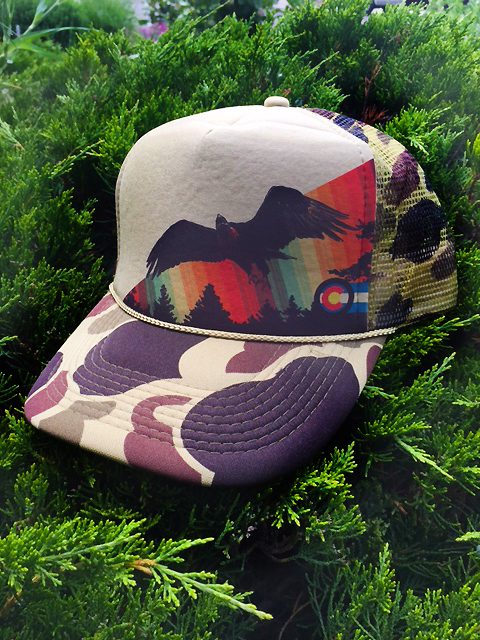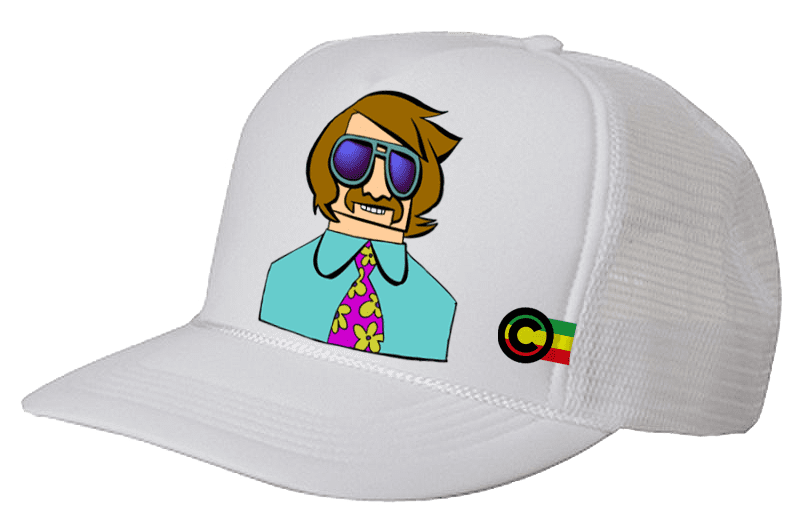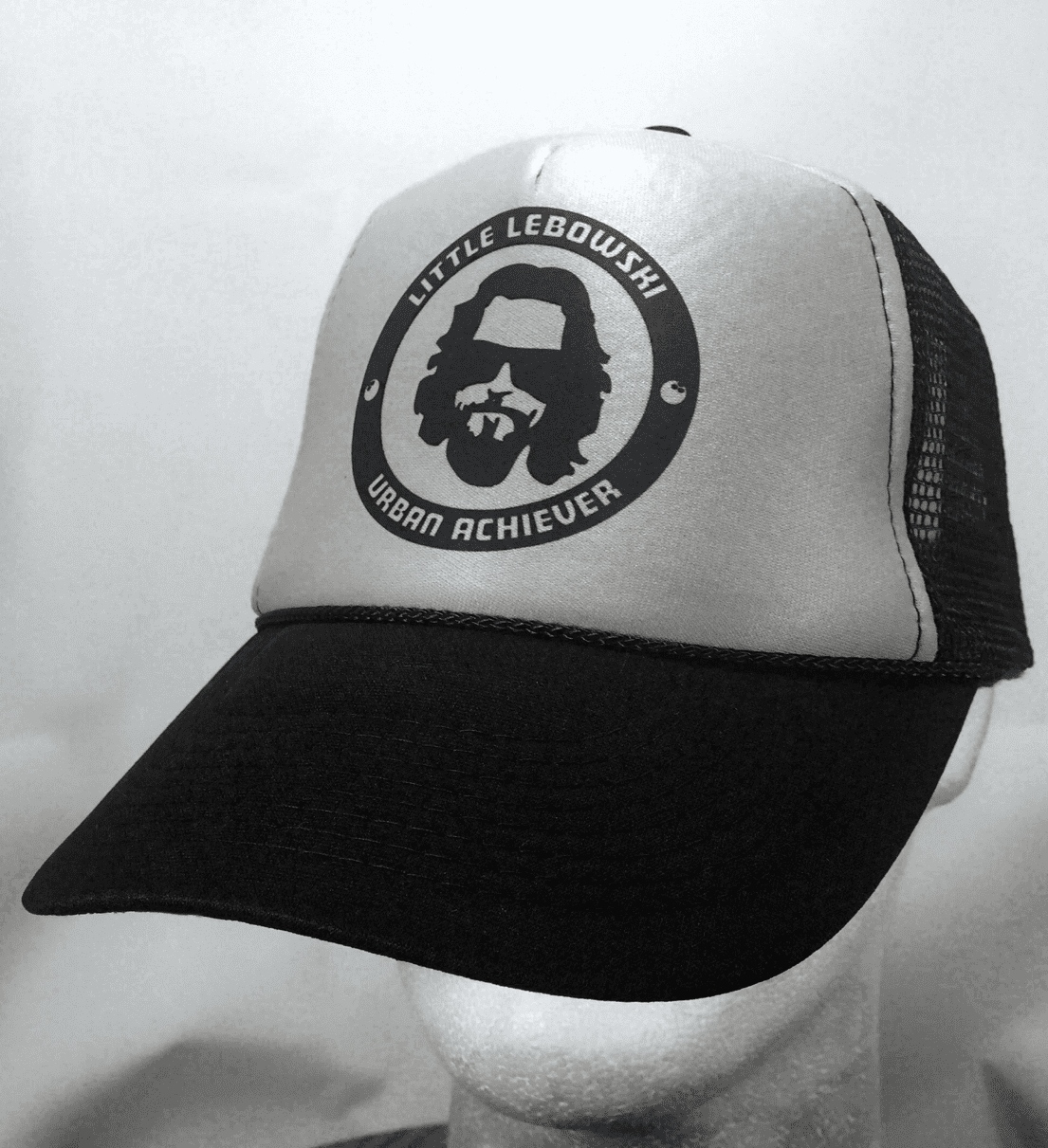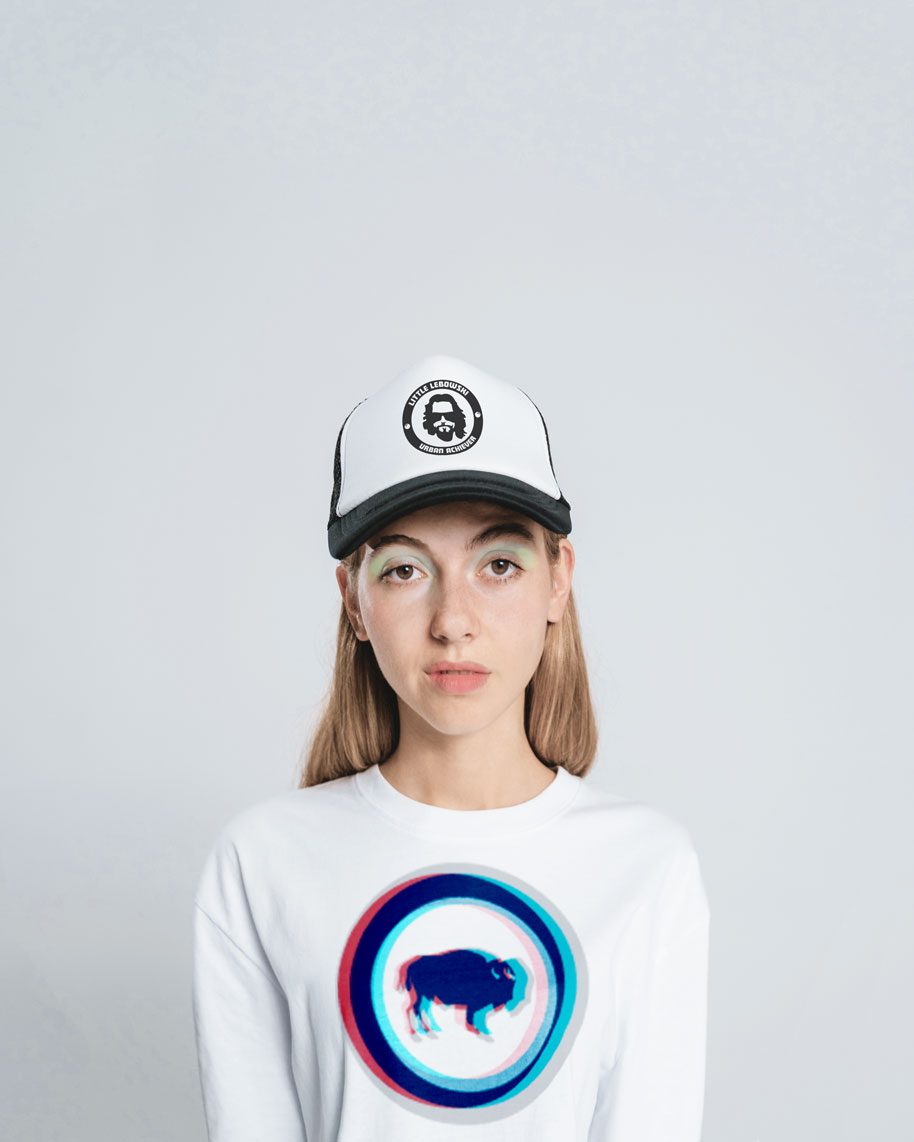Integrating Real Truckers Hats into Your Digital Strategy

Explore how augmented and virtual reality are revolutionizing customer interactions and how you can integrate these technologies into your marketing strategy.
As we move closer to 2025, the digital landscape continues to evolve at a rapid pace. Web design, as a pivotal element of this landscape, is undergoing significant transformations. Staying ahead of these trends is crucial for designers and businesses alike to ensure they remain competitive and relevant. In this post, we explore the most promising web design trends set to shape the online world in 2025.
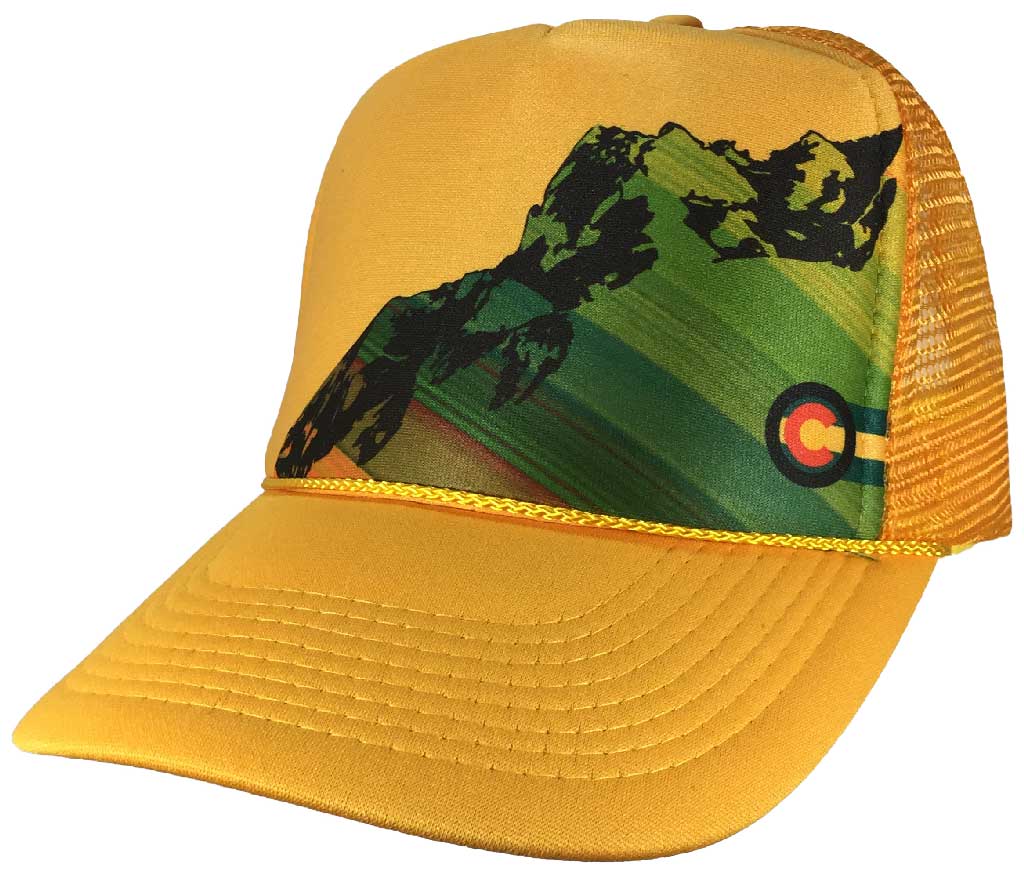
AI-Driven Design Personalization
Artificial Intelligence (AI) is set to take web design personalization to new heights. AI technologies enable websites to adapt in real-time to user behavior and preferences, offering a highly personalized browsing experience. Expect to see more AI-driven functionalities that anticipate user needs and tailor content and design accordingly.
Voice User Interface Integration
With the rise of voice search devices and enhanced AI capabilities, voice user interfaces (VUIs) are becoming increasingly important in web design. VUIs allow users to interact with websites through voice commands, making navigation easier and enhancing accessibility. By 2025, incorporating VUIs into websites will be a standard practice, especially for accessibility compliance.
Advanced Micro-Interactions
Micro-interactions are subtle design elements that enhance the user experience by making web interactions feel more human and engaging. As we approach 2025, expect micro-interactions to become more sophisticated, with animations and transitions that are not only aesthetically pleasing but also intuitive, guiding the user’s journey seamlessly across the website.
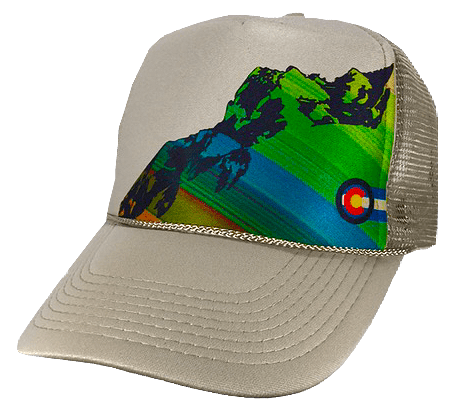
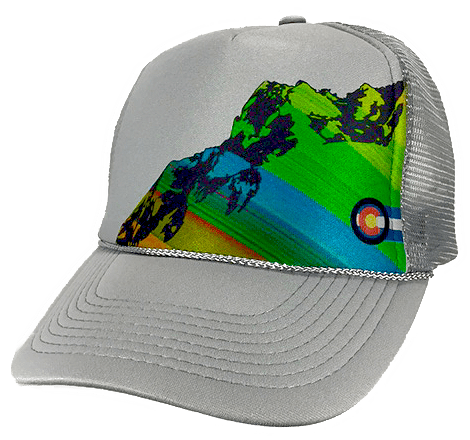
Minimalism to the Max
The minimalist design trend is nothing new, but by 2025, it will evolve to emphasize ultra-clean layouts with bold, expressive typography and a restrained color palette. This trend focuses on simplicity and functionality, reducing cognitive load and enhancing user experience.
Immersive 3D Elements
As web technologies advance, so does the ability to incorporate more dynamic and immersive elements into web design. 3D elements, when used judiciously, can provide depth and realism to a website, capturing user attention and improving engagement. Expect more websites to include 3D visuals that are seamlessly integrated into the design, providing a more interactive experience without compromising load times.
Sustainability in Web Design
Sustainability is becoming a priority in all sectors, including web design. Designers are increasingly adopting practices that reduce the environmental impact of digital products. This includes optimized images and assets that require less energy to load, sustainable hosting solutions, and designs that promote or facilitate eco-friendly behaviors among users.

